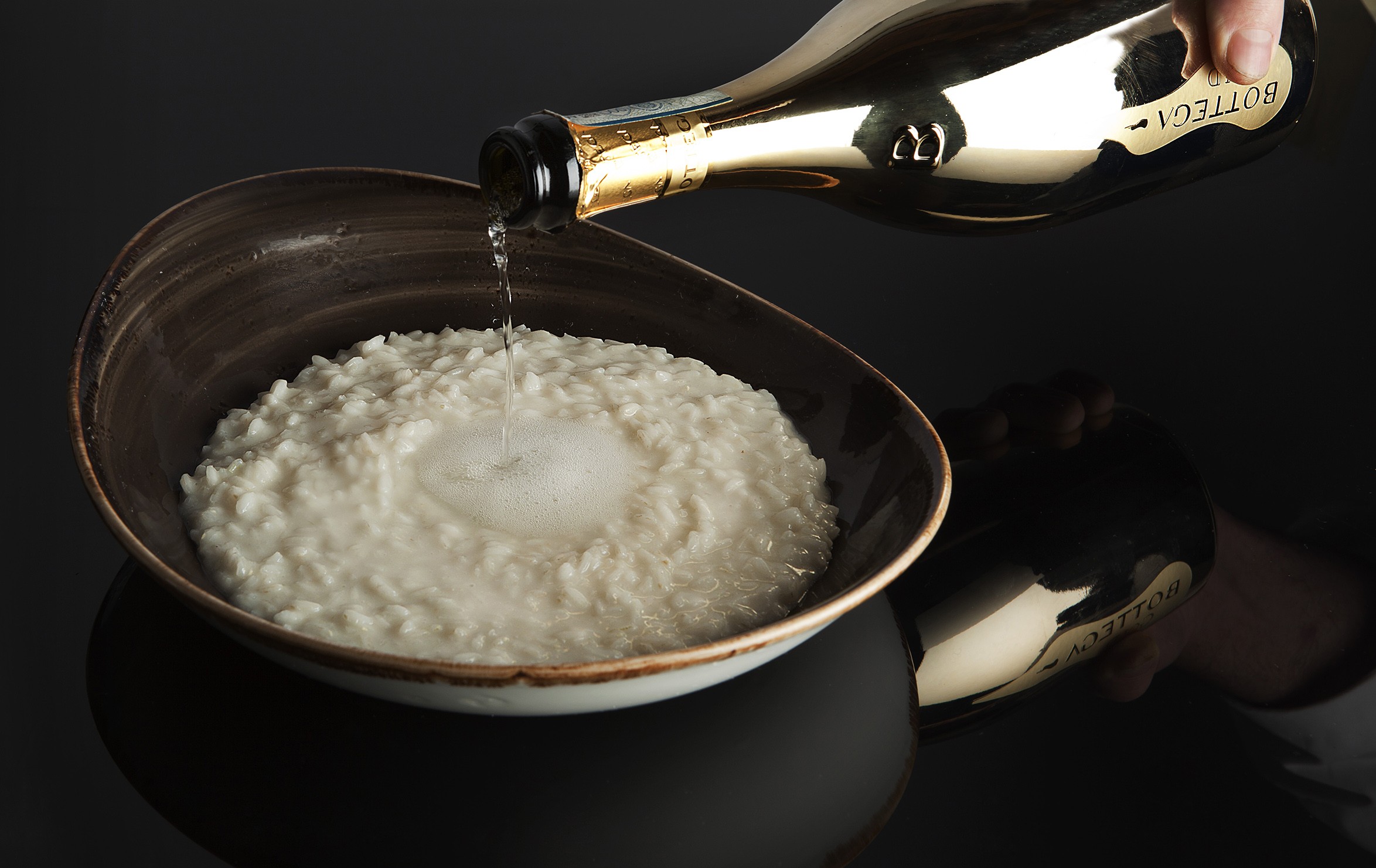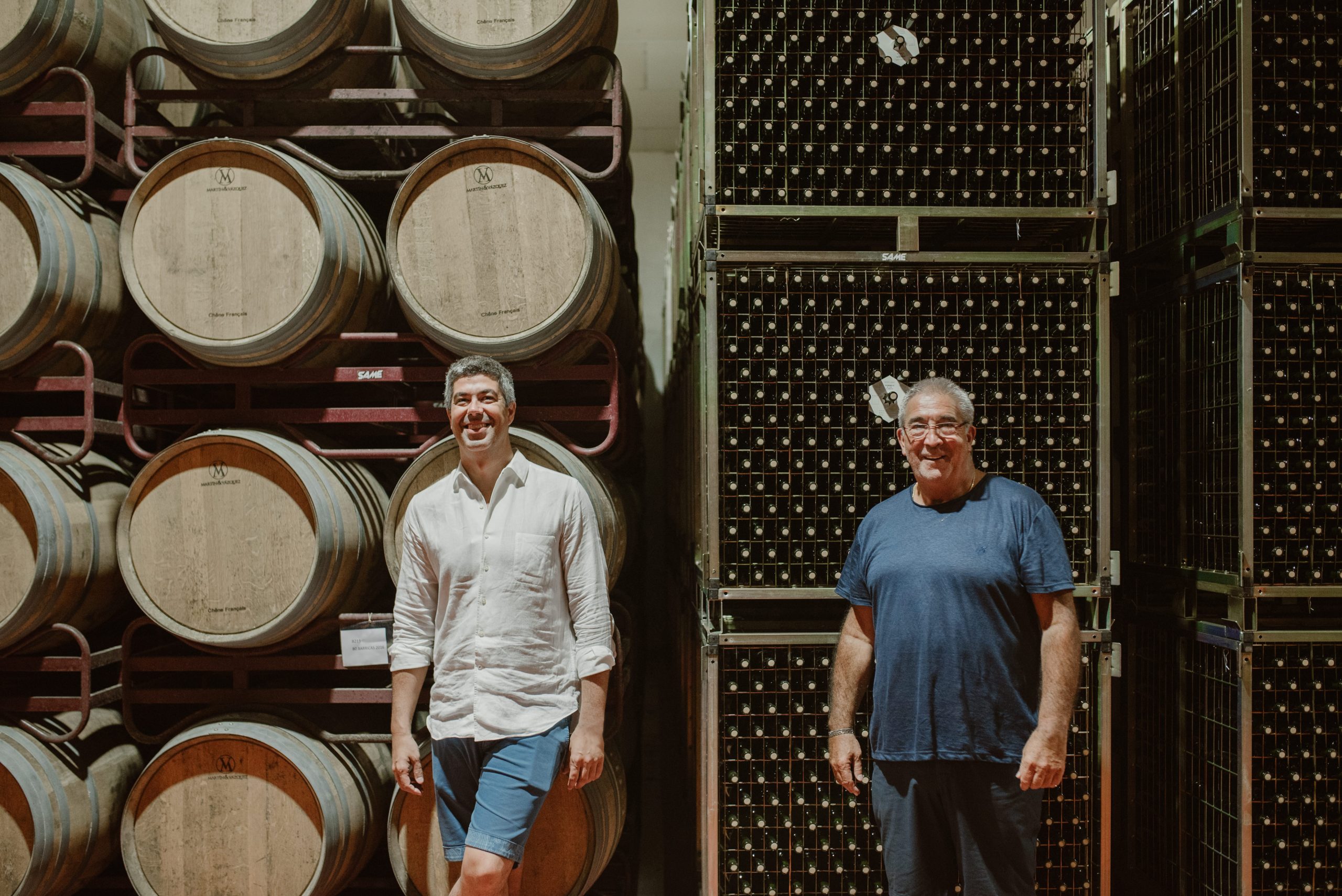Pontallier focused on education in Far East
Paul Pontallier, the technical director of Château Margaux, has stressed the need for education rather than mere promotion in order to build a market in the Far East.
Speaking to the drinks business, Pontallier said that he had sent his son, Thibault, to Hong Kong in 2010 to give the château a “legitimate” and visible presence in the emerging market.
“The Chinese are discovering our wines and we felt that we had to be present there,” he explained.
Pontallier also made it clear that he expects no easy sales in Asia and that, in the long run, meaningful growth and awareness of Château Margaux can only come through building relationships with clients and consumers, something much better achieved by having someone in the market rather than by proxy.
“When one of my sons became available after business school I thought it would be a wonderful opportunity for both us and him to be in Hong Kong and be our ambassador there. I thought he would have the legitimacy to talk about the house,” said Pontallier.
However he was quick to add that simply promoting was not enough, education was also key.
“It is important not just to promote but educate. It is down to us to show them what we are producing. They have very discerning palates and learn very quickly the difference between good and bad wine.
“We really want to build up our image there. In China, I think we can say that most people don’t know about wine and it is better that they receive that information first hand from us.”
Partner Content
With regards the harvest, Pontallier has said that 2011 is a “return to normal” for the region and that although the quantities were down in Margaux due to drought, the quality was potentially very good.
“One disappointment,” he said. “is the quantity. We were not expecting a vast crop. In fact it’s the lowest yield since 1991. We can explain that because of the drought, which was more severe at Margaux than other places. Severe heat in June dried out a few berries.
“The quality though is very, very interesting. We think of 2009 and 2010 but it’s not at the same level. We won’t even pretend to be there. But 2011 will at least be a very good vintage.
“The real quality is in the Cabernet Sauvignon. It was a very nice surprise to find that out. Not that we were expecting anything bad but not the quality that we have.
“I am very, very pleased. Drought is always good for quality and the weather was favourable for harvest.”
His overall feeling for the region was that it would be “very heterogeneous” with quality and quantities affected by both the drought and hail in parts of the region. However, while the quantity may be down in Margaux he knew for sure that it was greater in neighbouring appellations.
“2011 is back to normal for us,” he continued. ‘We should have a strong terroir influence and the resulting wines from across Bordeaux will be mediocre to good to excellent but this is very normal.”




